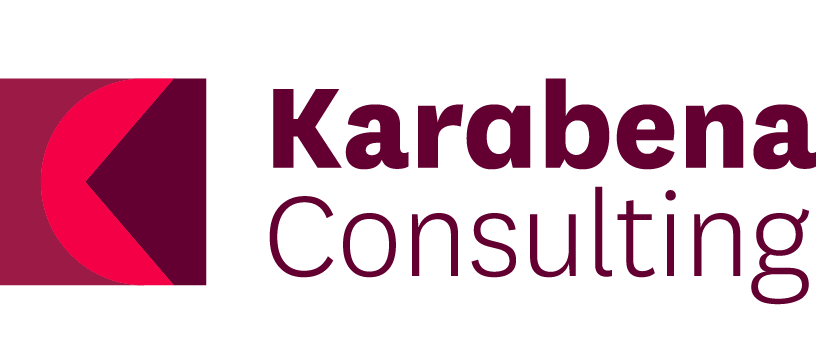Closing the Gap Priority Reforms Performance Measurement Project 2023–2024
National Indigenous Australians Agency (NIAA)
Who funded the project
This project aimed to develop a coherent and consistent framework for measuring progress in achieving the Priority Reforms outlined in the National Agreement on Closing the Gap. Led by an Expert Governing Committee of Aboriginal and Torres Strait Islander experts, the project involved comprehensive consultations, data analysis, and the formulation of recommendations for indicators, measures and data sources. The outcomes include a detailed measurement framework, proposed indicators, and a structured reporting system designed to enhance accountability and track progress towards the Priority Reforms.
Summary
The aim of the project was:
to establish a clear and coherent framework for measuring progress in the Priority Reforms of the National Agreement on Closing the Gap
to develop specific indicators and measures that accurately reflect the ambitions of the Priority Reforms
to recommend necessary data sources and collection methods to support the measurement framework.
Project Aims
For this project, the following methodologies were employed by Karabena Consulting:
Forming an Expert Governing Committee of Aboriginal and Torres Strait Islander experts.
Conducting extensive consultations with stakeholders, including government agencies and Indigenous communities.
Reviewing existing indicators, targets and data sources.
Developing a detailed measurement framework and proposing new or revised indicators and measures.
Identifying necessary data sources and recommending systematic data collection and reporting approaches.
Methodologies
The project delivered the following key output:
A Report to inform the development of measures of success for NIAA investment in the Closing the Gap priorities, supported by the Australian and New Zealand School of Government (ANZSOG).
Outputs
Short-term outcomes: Increased awareness and understanding of the Priority Reforms and their measurement among stakeholders.
Medium-term outcomes: Improved data collection methods and reporting frameworks, leading to better tracking of progress and accountability.
Long-term outcomes: Implementation of recommended indicators and measures, leadingto meaningful progress in achieving the Priority Reforms, changes in government policy and practices, and ultimately improved socio-economic outcomes for Aboriginal and Torres Strait Islander peoples.
Thisproject underscores the importance of a well-structured and inclusiveapproach to measuring progress in achieving the Priority Reforms of the National Agreement on Closing the Gap. By focusing on developing robust indicators and data collection methods, the project aims to enhance accountability and ensure that the ambitions of the Priority Reforms are met effectively.
Project Outcomes
#ClosingtheGap
#PriorityReforms
#PerformanceMeasurement
#IndigenousData#NationalAgreement
#Socio-economicOutcomes
#AboriginalandTorresStraitIslander
#Accountability
#DataFramework
#IndicatorDevelopment
